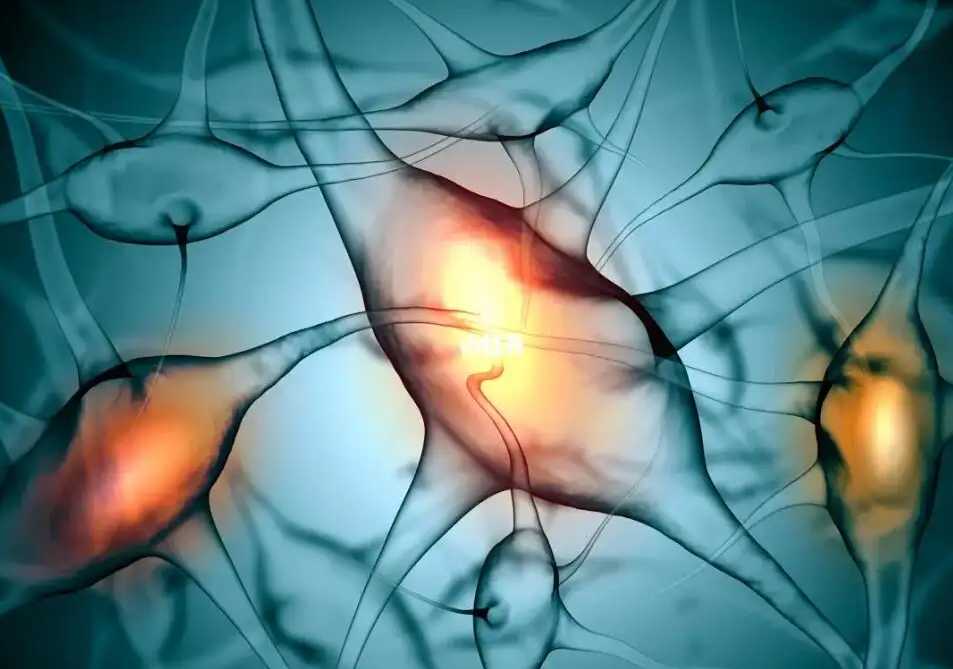
Rich in calcium, protein, vitamin D and other nutrients, milk is a drink suitable for all ages.
However, many people do not drink milk, not only great loss of nutrition, and even disease risk.
So, which of your daily milk habits are wrong?
We can take a seat to avoid the factors that are harmful to our health.
Drinking milk as water poses a risk of illness
Milk drinking less can not play a role, drinking too much also has adverse consequences.
The protein content in milk is generally 3%-4%, the fat content is 3%-5%, the sugar content is about 5%, and the calcium content is about 1%.
Drinking milk as water means a high fat, high energy diet, drinking 4 bottles of milk (250 grams each), you can eat 30-50 grams of fat!
In addition, half of the fat contained in milk is saturated fatty acids, and most people already consume a lot of saturated fatty acids from meat, if the diet is excessive intake of saturated fatty acids, it can increase the risk of cardiovascular disease.
Administer drugs with milk or reduce their effects
Some people in life often pick up the drinks at hand to take medicine, and some children are afraid of bitter medicine, will take milk to take.
It is best to use water to take the drug, not recommended to use milk, otherwise it will not only reduce the efficacy, but also may cause harm to the body.
Because milk is rich in minerals such as calcium and magnesium, it may react chemically with drugs, such as the formation of insoluble chelates with antimicrobial drugs quinolones (xloxacin), metronidazole, etc., and can also affect the absorption of iron, zinc and other supplements
Milk contains lactose, and drinking milk when you have diarrhea may worsen symptoms
Milk is rich in protein and can form clots with calcium gluconate, aluminum hydroxide and other calcium and aluminum preparations...
In short, there are many drugs can not be taken with milk, the specific situation of different drugs to read the instructions, and follow the doctor's advice.
Drinking milk may aggravate esophageal reflux
Some patients with reflux esophagitis often spit acid water, hoping to drink milk to achieve the purpose of nourishing the stomach.
In fact, for some patients, drinking milk during the onset of the disease may lead to an increase in stomach acid and aggravate the phenomenon of esophageal reflux.
Therefore, friends who suffer from digestive tract ulcers or gastroesophageal reflux, do not drink too much milk.
If the doctor confirms that the current condition can drink a little milk, drink the milk in small amounts and in batches, and do not drink cold milk.
Lactose intolerant people who drink milk on an empty stomach are more likely to have diarrhea
Lactose in milk needs lactase decomposition, if the lactase activity in the body is insufficient, lactose decomposition is not complete, after entering the large intestine by E. coli and other bacteria metabolism and fermentation, will produce acid, gas production, and even lead to abdominal pain, diarrhea and other discomfort.
More than two-thirds of adults in China are deficient in lactase. Drinking milk on an empty stomach, or drinking milk in large quantities at once, is relatively easier to produce bloating and diarrhea.
After drinking milk on an empty stomach, the passage time of milk in the gastrointestinal tract is accelerated, resulting in slightly reduced absorption efficiency. So, drink milk with some solid foods.
300-500 grams of milk per day is recommended for adults drink milk Remember "1+1"
Drink milk, you can remember "1+1", such as a box of milk in the morning and a box of milk in the evening (250 ml a box), or a box of milk in the morning, and a box of low-sugar yogurt in the afternoon or evening.
For people who have bloating and diarrhea after drinking a box of milk (250 ml), it is recommended to use the principle of a small number of meals, and drink 250 ml of milk two or more times, if you can not tolerate it, you can try to choose lactose-free milk powder or soothing milk.

